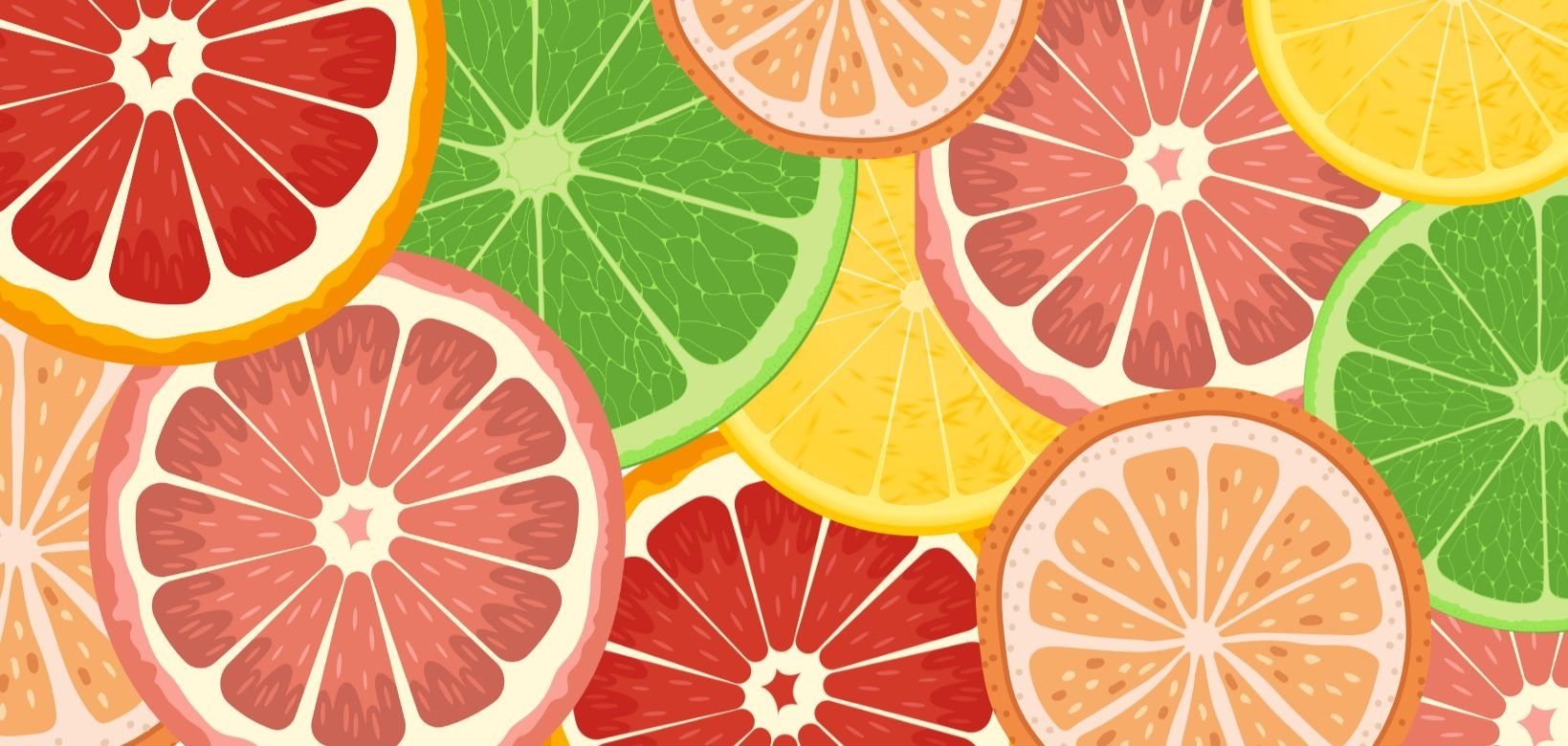It used to be thought that the placebo effect only worked if people believed they were getting an active treatment.
But this new study found that even knowing it’s a placebo can reduce stress, anxiety, and depression in just two weeks.
To me, this tells us two things:
1️⃣ The mind is a powerful driver of change.
2️⃣ Taking an active role in healing (like by taking a pill) gives a sense of control and empowerment— an overlooked key to healing.
While I can nerd out over metabolic pathways, nutrient interactions, and all things science, I’ll always leave space for the inexplicable magic in healing ✨
Guevarra DA, Webster CT, Moros JN, Kross E, Moser JS. Remotely administered non-deceptive placebos reduce COVID-related stress, anxiety, and depression. Appl Psychol Health Well Being. Published online August 14, 2024. [link]





